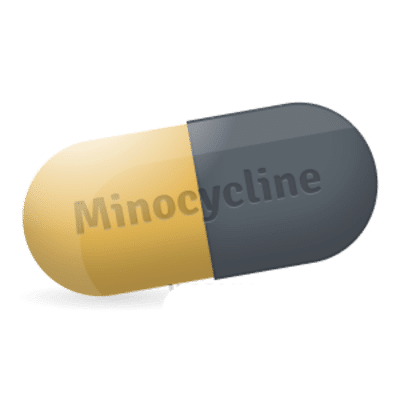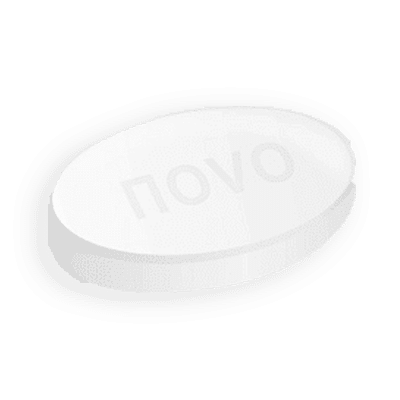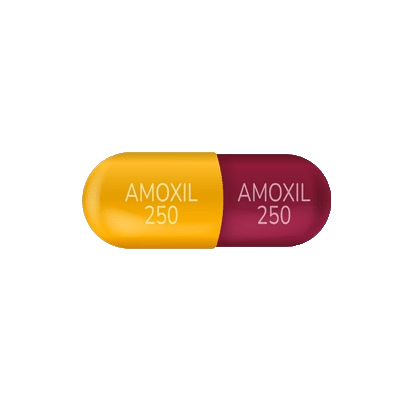Minciplin helps well with acne. After a month of use, I noticed a significant improvement in the condition of my skin. The appearance of new inflammations became less, and the skin began to look much healthier.

Minocycline
- Discreet shipping
- Pay with crypto
- Quality products
- BTC,
- ETH,
- USDT,
- USDC
What is it?
Minocycline is an antibiotic from the tetracycline group, which is widely used to treat infections of bacterial origin. Its spectrum of action covers a variety of diseases caused by bacteria, against which it has proven effective. In addition to infectious diseases, Minocycline is sometimes prescribed to treat severe forms of acne and other conditions recommended by a doctor. This drug is available in various dosages and forms, which allows doctors to choose the most appropriate option for each patient. Minocycline is distinguished by its ability to slow the growth of bacteria, allowing the bodys immune system to perform its protective role and effectively fight the infection.
Frequently asked questions
Composition
The main active ingredient in Minocycline is minocycline hydrochloride, which is responsible for its antibacterial action. Additional components of the drug may vary depending on the manufacturer and form of release, but include substances that stabilize the drug and improve its absorption in the body.
- Minocycline hydrochloride is a key component that provides an antibacterial effect.
- Microcrystalline cellulose - used as a filler and stabilizer in tablets.
- Magnesium stearate - often used as an agent that prevents components from sticking together.
- Gelatin - used in capsules to create shells.
The combination of these components allows the drug to successfully perform its functions, providing reliable treatment.
How to use?
Minocycline should be used strictly as directed by your doctor, and it is important to follow all dosage instructions. For example, it is important to follow the recommendations for timing and form of administration to achieve the best results.
- Minocycline can be taken with or without food, depending on the brand and your doctors recommendations.
- Swallow the tablets whole, avoid chewing or crushing, unless directed by your doctor.
- When taking the medication, drink a full glass of water and avoid lying down for 30 minutes after taking it.
- To avoid interactions, do not take other medications 2-3 hours before or after taking Minocycline.
Remember that taking the medication consistently at the same time each day helps increase its effectiveness and reduces the risk of missing a dose.
How does it work?
Minocycline works by inhibiting bacterial protein synthesis, which slows down bacterial growth. This allows the bodys immune system to destroy bacteria more effectively, restoring health. The mechanism of action of this drug allows it to be useful in a wide range of infections, being one of the universal treatment options for many bacterial diseases.
The drug belongs to the group of broad-spectrum antibiotics, which means its ability to act on many different types of bacteria, including some atypical microorganisms. This makes it a valuable tool in the fight against infections, especially in cases where the exact pathogen may not be initially identified.
The effectiveness of Minocycline largely depends on the regularity of its administration, since a stable concentration of the active substance in the blood provides constant pressure on pathogens, which contributes to their complete destruction.
Indications
Minocycline is used in a number of cases associated with bacterial infections, as well as in some other medical conditions that require antibacterial therapy. Here are some of the situations where its use may be justified:
- Treatment of respiratory tract infections, including bronchitis and pneumonia.
- Therapy of urogenital infections caused by sensitive bacteria.
- Elimination of certain skin infections, including boils and abscesses.
- Management of severe forms of acne, in case of lack of response to other types of treatment.
These indications are confirmed by many years of practice of using the drug and its effectiveness in these areas.
Contraindications
Contraindications for Minocycline, as with any other drug, are an important aspect to consider before starting treatment. Incorrect use of the drug can lead to undesirable consequences, so it is not recommended in the following cases:
- Having an allergy to minocycline or any other components of the drug.
- Concomitant use of certain drugs, such as acitretin, isotretinoin or penicillins.
- Some medical conditions that may affect the interaction with the drug.
Before starting treatment, it is important to consult a doctor to exclude possible contraindications and prevent adverse reactions.
Side effects
Like any other medicine, Minocycline may cause some side effects that should be taken into account. Although most patients tolerate the drug well, some may experience various reactions.
- Gastrointestinal reactions, such as nausea or diarrhea.
- Skin changes, including rash or increased sensitivity to sunlight.
- Headaches or dizziness may occur in some patients.
- Allergic reactions, such as swelling or difficulty breathing, require immediate medical attention.
Knowing these possible side effects allows you to avoid unwanted consequences and respond to them in a timely manner.
Minocycline Reviews and Experiences
I was treated with Minocycline after being diagnosed with bronchitis. Already on the second day I could breathe easier, my appetite returned. I am very pleased with the result, I did not notice any side effects.
Took Minocycline as prescribed by a doctor to treat a skin infection. The results are good - it healed faster than expected. A burning sensation in the stomach bothered me a little, but it was bearable.



